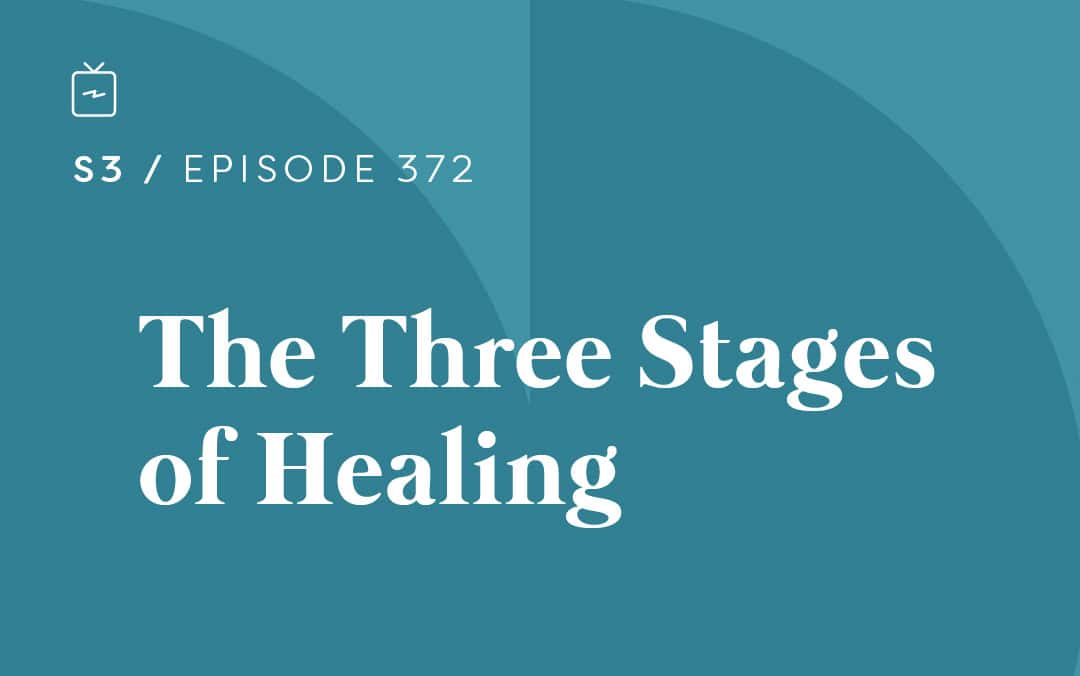
by Kris Oyen | Apr 4, 2022 | Podcast
Podcast: Play in new window | Download
Subscribe to the Recovery Elevator Podcast Apple Podcasts | | More
Episode 372– The three stages of healing
Today we have Sherrie. She is 58, from Oregon, and she took her last drink on January 21, 2019.
Highlights from Paul
Paul explains the stages of healing have less to do with how much time you were drinking and more to do with how you view your problems.
“The Energy Codes”: https://amzn.to/3I9MgMh
The three stages of healing are:
- Victimhood – you are playing the victim card
- Self Help – you identify the problem, then solve it
- Creatorship – there was never a problem; drinking was there to help me. You take responsibility for everything in your life.
Better Help: www.betterhelp.com/elevator – 10% off your first month
[13:52] Sherrie lives in Oregon, has two children and three grandchildren. She loves hiking, kayaking, house projects, and her dog.
Sherrie lived overseas during her childhood. She started working at 16 and drank because older workers never asked about her age. Drinking was prevalent in her youth. She was married young, but drinking wasn’t an issue until there was a turning point in her marriage. Her marriage had its ups and downs for many years. Empty nest syndrome changed her drinking, and gastric bypass surgery changed how her body processed alcohol. She could drink large amounts of alcohol and began to blackout.
Sherrie gained weight in hopes that her husband would leave her. As she approached her fifties (her father passed at age 54), she developed patterns of self-sabotage. After her second DUI, she knew it was time to make a change. She started counseling and stayed away from triggering moments like going to the grocery store. Her life revolved around recovery. Anytime she wasn’t working, she was focused on recovery.
AA is a significant part of Sherrie’s recovery, AND she incorporates other things that work for her like Café RE, sober travel, meditation, etc. Finding activities that take her focus off wanting to drink helps Sherrie stay on track. Sherrie has a positive outlook and looks forward to fun adventures ahead.
Odette’s Summary
[56:52] You are doing a great job. Acknowledge the work and effort you are making. Validate your own work. Be your own cheerleader. You are not alone – together is always better.
Upcoming events, retreats, and courses:
- You can find more information about our events
Resources
Connect with Cafe RE – Use the promo code OPPORTUNITY to waive the set-up fee.
Recovery Elevator YouTube – Subscribe here!
Sobriety Tracker iTunes
Recovery Elevator –You took the elevator down. You’ve got to take the stairs back up. I love you guys.
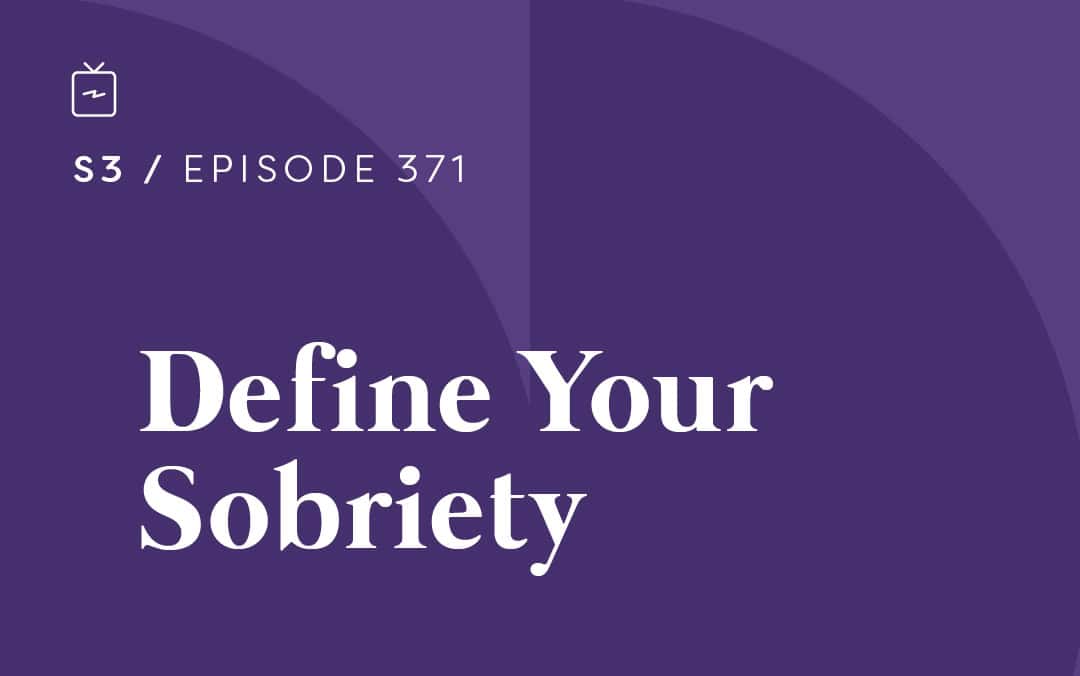
by Kris Oyen | Mar 28, 2022 | Podcast
Podcast: Play in new window | Download
Subscribe to the Recovery Elevator Podcast Apple Podcasts | | More
Episode 371– Define your sobriety
Today we have Cyndi. She is 52, from California, and she took her last drink on July 1, 2021.
Registration for the Bozeman retreat opens April 1. https://recoveryelevator.com/bozeman
Highlights from Paul
Recovery is recovering the person you were meant to be or is the most authentic version of yourself. This isn’t a practice you want to end. It’s not a checkbox or to-do list item. Besides, if you stick with it, you will start enjoying this work.
What is success in recovery? Paul says YOU should define success for the most essential endeavor of your life. Know your why and write it down. Loving yourself and being okay with yourself should top the list.
Kala Ukelele: www.kalabrand.com/elevator – 15% off your first ukelele
Better Help: www.betterhelp.com/elevator – 10% off your first month
[11:12] Cyndi is married loves hiking, puzzles, and pets.
Alcohol entered Cyndi’s life when she was sixteen. She loved it and had fun in the beginning. Cyndi’s recovery journey was progressive. Her drinking escalated after she got married. After a few comments from her husband, she tried an intensive outpatient program which wasn’t effective. Cyndi found herself reneging on all the promises she made to herself. She tried AA. After some soul searching and a request from her husband, she completely changed her approach. Her drinking was progressing, and things she swore she would never do, she was doing. Defiance, a desire for control, and physical cravings fueled her relapses.
Today Cyndi doesn’t isolate. She goes to AA daily, and she doesn’t put herself in situations where she may be tempted to drink. Podcasts, doing the work with her sponsor, and leveraging Café RE keep her sober.
Odette’s Summary
Give yourself permission to recover regardless of where you are in alcohol’s progressive nature.
Upcoming events, retreats, and courses:
- You can find more information about our events
Resources
Connect with Cafe RE – Use the promo code OPPORTUNITY to waive the set-up fee.
Recovery Elevator YouTube – Subscribe here!
Sobriety Tracker iTunes
Recovery Elevator – without the darkness, you can never know the light. I love you guys.
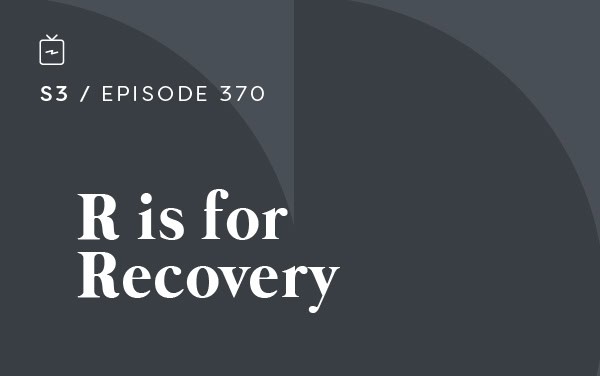
by Kris Oyen | Mar 21, 2022 | Podcast
Podcast: Play in new window | Download
Subscribe to the Recovery Elevator Podcast Apple Podcasts | | More
Episode 370– Phases of Recovery
Today we have Stephanie. She is from Pennsylvania, and she took her last drink on January 2, 2020.
Ditch the Booze: https://recoveryelevator.com/cafére Promo Code: OPPORTUNITY
Finding your better you with Odette
After ten years of being in recovery, Odette discovers that she never asked herself what recovery means to her. Success means different things to different people. When Odette decided to add alcohol to her recovery journey, she enjoyed counting days and celebrating milestones. Fear is a common theme Odette noticed among her sober soulmates, fear of failure.
Relapse has been part of Odette’s journey, and she spoke about how common relapse is for those in recovery. As she searched for the reasons she relapsed, she discovered depression, perfectionism, and shame patterns. Shame dissolves hope, and without hope, you stop showing up. Sobriety for Odette is about walking toward herself and her truth.
Odette encourages listeners to define sobriety and recovery for yourselves. Stay in the game, and don’t quit on yourself.
Kala Ukelele: www.kalabrand.com/elevator – 15% off your first ukelele
Better Help: www.betterhelp.com/elevator – 10% off your first month
[10:48] Stephanie is 42, a single mom of two boys, and lives in Pennsylvania. She loves running, cooking, and fund-raising. She is enrolled in nursing school.
Stephanie describes year two of sobriety as different: a little less pink cloud and more work. She enjoys running and cooking.
Alcohol was an escape for Stephanie. She had a great 80’s upbringing but did encounter some trauma that she rarely spoke about. The trauma influenced her relationships. She became the girl who could outdrink the boys. Much of her early drinking years are a blur for Stephanie.
After separating from her son’s father and her Dad’s diagnosis, Stephanie realized she had a problem. She was drinking to cope and not eating. She started running, quit smoking, and lost 50 pounds. She recalls having blackouts and not remembering conversations with her kids. Getting healthy for them became critical to her, so her kids wouldn’t have to care for her.
Community has always been important to Stephanie. She joined Café Re and has a group of friends in recovery. She bought the book, Alcohol is Sh!t, and once she finished the book, she knew “this was it.” She knew moderation wasn’t enough.
Sobriety has opened Stephanie’s mind to all kinds of possibilities. The pandemic forced her out of the restaurant industry, and she found a nursing school. She is now in her second year of nursing school, making excellent grades. She created the “merch” department for Café RE. She is passionate about service and gift-giving. Stephanie is focused, driven, and living a life of possibilities. Recovery isn’t perfect. Life still has ups and downs, but recovery is worthwhile. She plans to incorporate recovery into her nursing career. “Find your people!”
Kris’s Summary
Recovery to Kris includes mediation, podcasting, service, meetings. He is learning that recovery isn’t a resume of self-awareness. Faith taught Kris to surrender. The quality of his recovery is because of the grace of God. Kris wants to keep learning. Recovery is an opportunity; it’s a chance, and Kris will do his best.
Upcoming events, retreats, and courses:
- You can find more information about our events
Resources
Connect with Cafe RE – Use the promo code OPPORTUNITY to waive the set-up fee.
Recovery Elevator YouTube – Subscribe here!
Sobriety Tracker iTunes
Recovery Elevator – only you can do this, but you don’t have to do it alone. I love you guys.
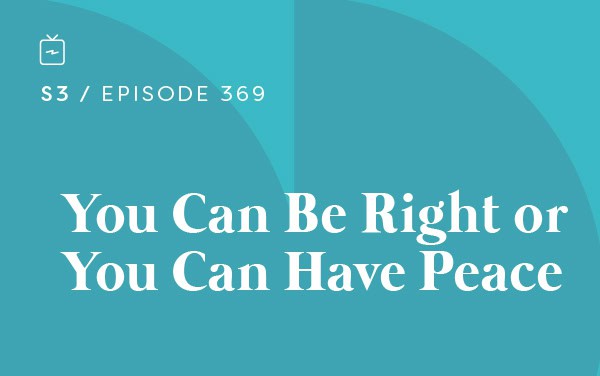
by Kris Oyen | Mar 14, 2022 | Podcast
Podcast: Play in new window | Download
Subscribe to the Recovery Elevator Podcast Apple Podcasts | | More
Episode 369– You can be right, or you can have peace
Today we have Katherine. She is from Colorado and took her last drink on September 24, 2021.
Ditch the Booze: https://recoveryelevator.com/cafére Promo Code: OPPORTUNITY
Kala Brand Ukelele: www.kalabrand.com/elevator
Highlights from Paul
Paul speaks to the rise of post-pandemic alcohol-free bars. Check out: https://www.wweek.com/bars/2022/02/17/portland-is-getting-its-first-zero-proof-bar-courtesy-of-no-booze-cocktail-kit-vendor-suckerpunch/
Paul speaks to brain fog and how much it impacts those of us with a history of drinking problems. Fortunately, Paul has experienced continued improvement in his cognitive function since ditching the Booze. Paul also credits meditation with improving his critical thinking and problem-solving skills. There is ample scientific evidence that meditation can rewire your thinking. Paul also credits plant-based medicine, playing music, and being less reactive with helping his brain fog and mental cognition. Paul encourages listeners to be patient and allow mind, body, and soul to recalibrate after leaving alcohol behind. Once the PAWS (post-acute withdrawal symptoms) disappear, you will also see improvement in cognitive dissonance.
Paul describes a recent experience where he chose being right over peace and reminds us that he learned the hard way that it’s better to have peace than be right.
Better Help: www.betterhelp.com/elevator
[13:46] Katherine is 45 and married with three children. She loves reading, working out, and skiing.
Katherine tried drinking in high school, but it wasn’t until the last twelve years that her drinking was problematic. She joined the army at 21. When she started drinking wine, she became infatuated with the hype of wine. She became the last one to leave the party. Work troubles and being stationed in a different place than her husband contributed to her escalated drinking.
Katherine and her husband drank together regularly. He quit with her, even though his drinking wasn’t problematic. He often expressed concern which Katherine experienced as controlling. She didn’t understand how much her drinking was affecting him. Signs appeared that her drinking was a problem, but she dismissed them. Now, she has her friend back.
Katherine is reluctant to admit that she medicated with wine and used it to overcome the stresses of motherhood. A heavy-drinking mommy peer group became a permission slip to drink more. A series of divine interventions inspired her to quit for good. She completed a 90-day intensive outpatient program and listened to Recovery Elevator podcasts for inspiration.
Katherine encourages listeners to be gentle with themselves; give yourself grace. She has learned that expressing her feelings out loud takes away their power. Reading has become a great escape.
Odette’s Summary
Know how to sit with others when they are in pain. Odette read this in Brene Brown’s latest book. Learning to hold space for others and just be with others is challenging but worthwhile. Remember, you are not alone. Together is always better.
Upcoming events, retreats, and courses:
- You can find more information about our events
Resources
Connect with Cafe RE – Use the promo code OPPORTUNITY to waive the set-up fee.
Recovery Elevator YouTube – Subscribe here!
Sobriety Tracker iTunes
Recovery Elevator – it all starts from the inside out. I love you guys.
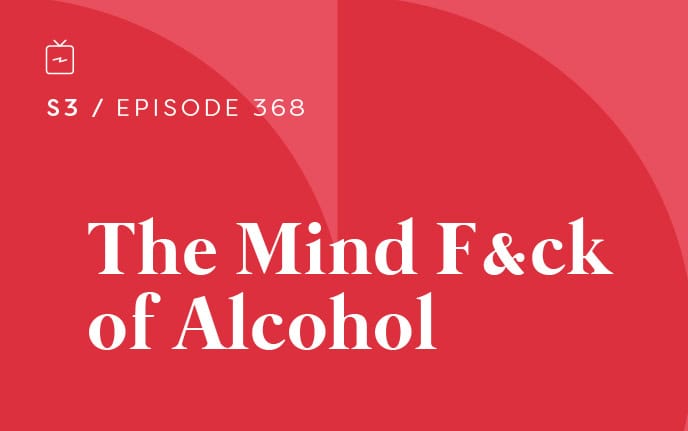
by Kris Oyen | Mar 7, 2022 | Podcast
Podcast: Play in new window | Download
Subscribe to the Recovery Elevator Podcast Apple Podcasts | | More
Episode 368 – The Mind F&ck of Alcohol
Today we have Stephen. He is from New Jersey and took his last drink on September 15, 2020.
Ditch the Booze: https://recoveryelevator.com/cafére Promo Code: OPPORTUNITY
Highlights from Paul
Paul shares an email from a listener who asks Paul how people without a drinking problem can get help. He talks about the A&E show “Intervention” and how he often watched it while drinking alone, grateful he didn’t have a problem with alcohol. The show, Intervention gave Paul countless examples of how alcohol “f&cks” with your mind. After 276 interventions on the show, 270 accepted treatment, with 151 remaining clean and sober today, which is a 55% success rate. If those numbers are accurate, they are much more optimistic than the broadly accepted low teen success rate you hear from the industry.
Paul reminds listeners that you probably have a drinking problem if you are listening to a sobriety podcast. The point of addiction is to get to know yourself and love yourself.
Better Help: www.betterhelp.com/elevator
[13:10] Stephen is 45 and lives in New Jersey. He is a father (a “girl dad”), coach, and owns his own business. He loves coaching, sports, and everything outside.
Stephen’s relationship with alcohol evolved over 25 years. Alcohol was his biggest challenge, but he also used marijuana. He dabbled in underage drinking and had fun on the Jersey shore. He managed his drinking well for many years. When his second daughter was born, he began to acknowledge his drinking was problematic. His drinking escalated over the years. He and his wife danced with moderation, and he occasionally took days off drinking. Stephen was the driver of the drinking in his marriage.
Stephen credits Paul Churchill’s book with getting him sober. He tried several programs before he found Recovery Elevator. Ultimately, he went to a four-day detox. He was full of energy and enthusiasm after leaving detox. He relapsed a few times but rallied and has been able to stack days. Mismatched drinking habits pushed the end of his marriage. Meditation, journaling, exercise, and accountability are his best sobriety tools.
Value Bombs
- Learning that alcohol was the symptom, not the problem, was eye-opening
- Enjoy the moments
- Once it gets good (in sobriety), it gets great quickly. Everything compounds.
Odette’s Summary
If you are seeking anything outside of self, you are taking the long way home. Odette reminds us that everything we need is inside of us. There is no shame in having doubt. Stay on the path! Remember, you are not alone. Together is always better.
Upcoming events, retreats, and courses:
- You can find more information about our events
Resources
Connect with Cafe RE – Use the promo code OPPORTUNITY to waive the set-up fee.
Recovery Elevator YouTube – Subscribe here!
Sobriety Tracker iTunes
Recovery Elevator – it all starts from the inside out. I love you guys.







